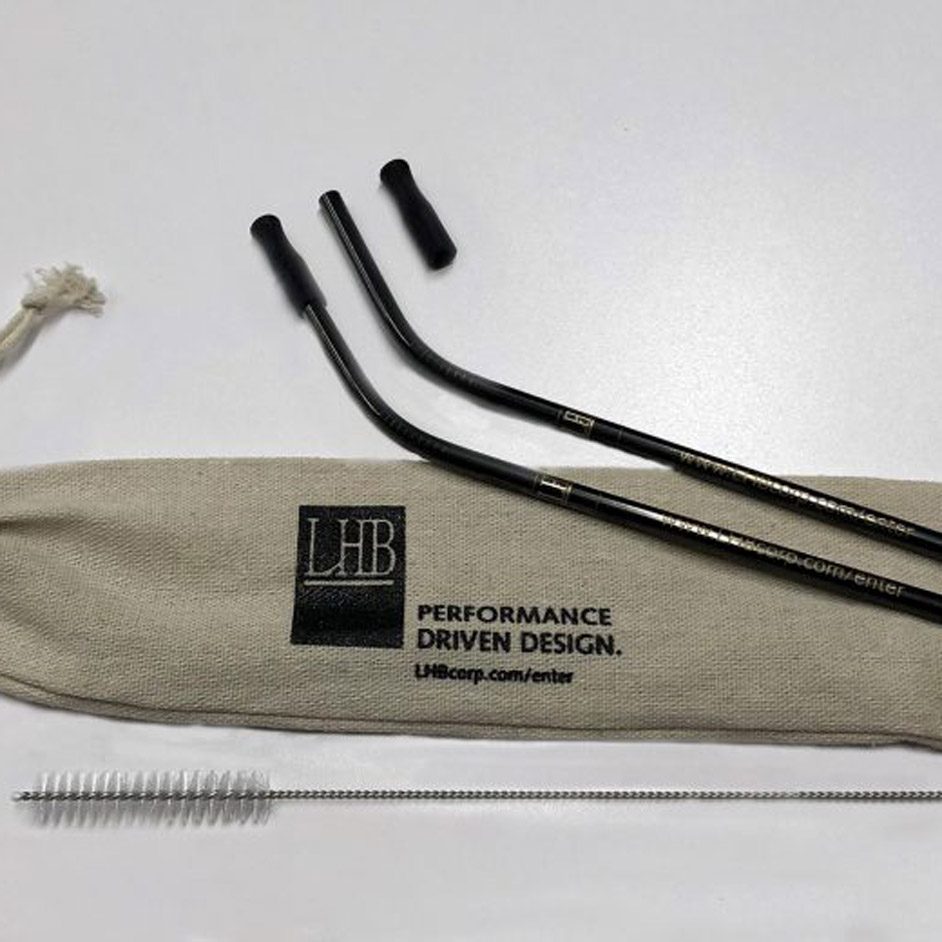
Inspired by LHB’s Integrative Design Team vision statement “We live our passion to create regenerative communities,” LHB entered a team in the Drawdown EcoChallenge, a “21-day engagement program focused on carbon reduction.” This challenge took place April 4 – April 25, 2018 and encouraged those who participated to take personal steps toward our collective vision. The LHB team was made up of 17 employees and came in 86th place out of 767 teams in points awarded for challenges completed. The following is a result of a survey sent to the LHB participants asking about their experience and what they were motivated to continue exploring.
Of the seven challenge categories in the Drawdown EcoChallenge (Electricity Generation, Food, Women & Girls, Buildings & Cities, Land Use, Transport, and Materials), LHB employees collectively participated the most in the Transport, Building & Cities, and Food challenges.
Participants cited many reasons for taking part in this challenge including: the desire to learn more about a sustainable lifestyle, wanting to change habits to better the environment, interest in being part of the Integrative Design Team effort, and feeling inspired by the Drawdown creator, Paul Hawken. One participant wrote, “I wanted to feel like I was helping fight climate change and pollution, even just a little bit. It seems so doable when broken into little challenges, and it was fun and rewarding to ‘accomplish’ some of those.”
A recurring theme expressed by those who participated in the Drawdown EcoChallenge was how surprising and rewarding it was to see how the small changes they made added up to big results. Some other interesting discoveries noted in the survey included:
- Learning how coffee and chocolate contribute to deforestation.
- Identifying the water saving benefits of installing a low-flow showerhead and a toilet bank.
- Recognizing the benefits of using bamboo instead of wood, plastic, or metal.
- One participant wrote, “I learned that the carbon savings from 6 days of biking to work is negated by eating one meal with lamb (90 miles!).”

Multiple people from the LHB team noted this challenge was an encouraging acknowledgment of the ecologically-minded actions they are already participating in (recycling, opting for vegetarian meals a few days a week, carpooling/biking to work), as well as a positive affirmation of the forward-thinking actions LHB is currently practicing as a company (the Minneapolis office’s LEED Platinum status, plug load energy consumption tracking, using recycled paper). Participants said this challenge motivated and inspired them to continue exploring the following actions:
Transport
- Buying carbon credits/carbon offsets for travel
- Advocating for alternative transportation (carpooling, biking, mass transit)
Materials
- Utilizing reusable straws, cups, and stirrers
Electricity Generation
- Looking into PV solar panels
- Exploring the costs and benefits of installing an air source heat pump at home
- Purchasing renewable energy credits for the energy we consume / Switching to renewables through Xcel
Women and Girls
- Supporting women owned business through catering decisions
Food
- Composting organic waste
- Eating a more plant based diet
- Purchasing coffee that does not contribute to deforestation
- Supporting plant based diets through catering decisions
- Land Use
- Mulching the base of trees and plants to prevent water runoff and increase absorbency
Other
- Donating to online lending platforms to provide microloans to people around the globe with the goal of alleviating poverty
- Educational opportunities such as convening as a group/holding workshops to talk about subjects like home energy projects, climate change, how to start composting, how to switch to renewable powers through your utility, how to make great meatless/vegan meals, etc.
- Having a monthly office-wide challenge on a new topic – something similar to the walk/bike/carpool commute challenge LHB has done in the pastOne participant summed up the challenge nicely by saying: “In sort of the reverse concept of death by a thousand cuts, it’s like life through a thousand little interventions. There are so many areas for improvement, advocacy, and small changes that collectively can make a difference. I think the point being that even little changes we can make…can add up over time, so even small gestures are worth the extra effort.”

